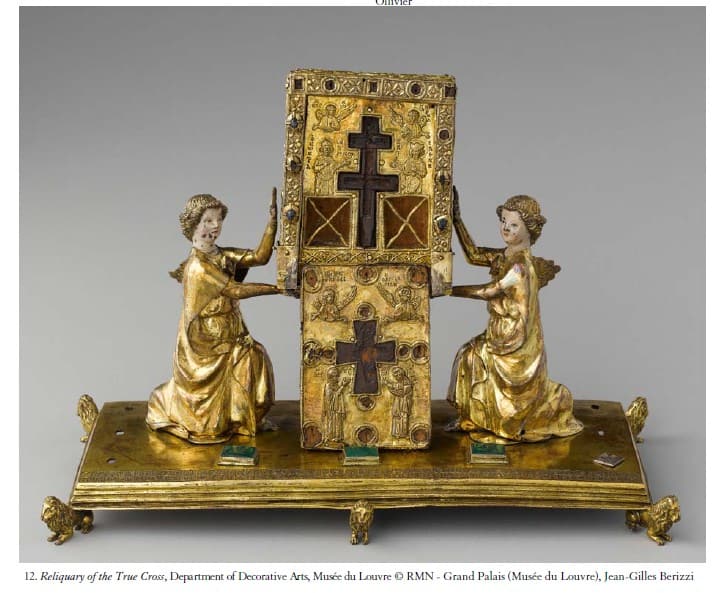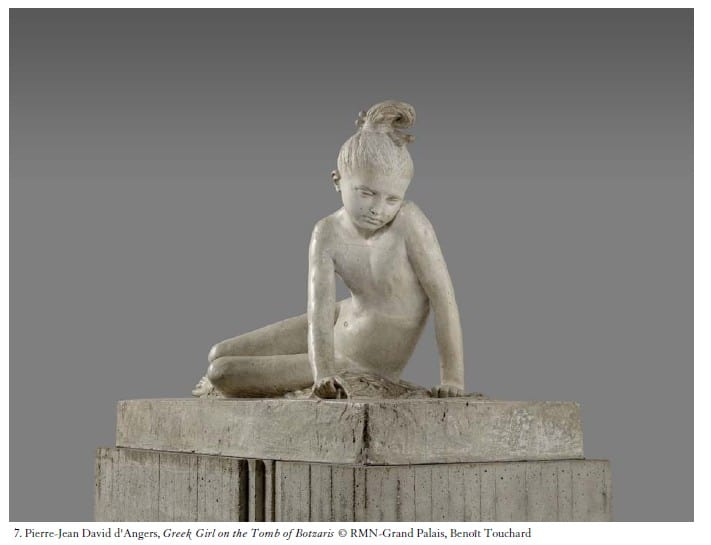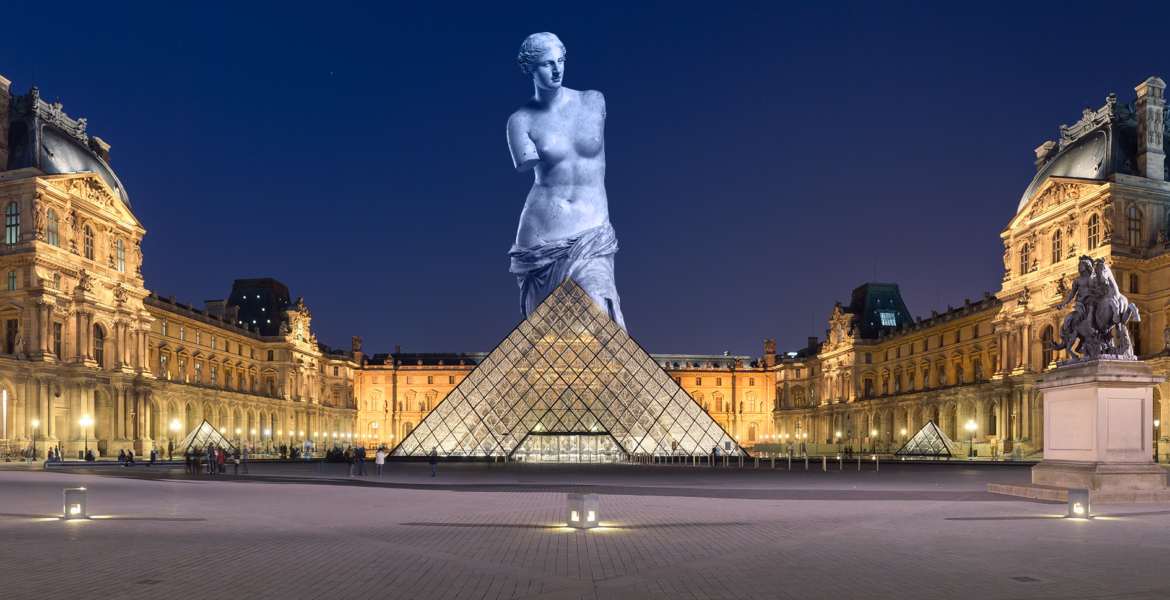To mark the bicentenary anniversary in 2021 of the independence of Greece and the 200th anniversary of the arrival of the Venus de Milo on 1 March 1821 in the Louvre collection– following its discovery in April 1820, the museum presents:
"Paris - Athens: The birth of modern Greece 1675-1919".


 The proximity of these two events is rich in meaning. It raises the questions of the special place of ancient Greek art in the Louvre’s collections and the singular role of Greece in the construction of the cultural identity of Europe, and of France in particular.
The proximity of these two events is rich in meaning. It raises the questions of the special place of ancient Greek art in the Louvre’s collections and the singular role of Greece in the construction of the cultural identity of Europe, and of France in particular.
However, the fascination with Greek antiquity continues to obscure our knowledge of modern Greece, which the French began to rediscover from the 18th century onwards.
The birth of the Greek nation in the 19th century was determined to a large extent by the development of scientific archaeology and by French and German neoclassicism. This exhibition spotlights the cultural, historical and artistic links between the two nations, which led to the definition of modern Greece.
The exhibition, which runs from runs from 30 September 2021 to 7 February 2022, is organised by: Marina Lambraki Plaka, director of the National Gallery–Alexandros Soutzos Museum, Athens; Anastasia Lazaridou, director of Archaeological Museums, Exhibitions and Educational Programmes, Hellenic Ministry of Culture and Sports, Athens; Jean-Luc Martinez, president-director of the Musée du Louvre, assisted by Débora Guillon.
READ: French Luxury Brand Louis Vuitton Dreams Of The Greek Island Of Milos



“The birth of the Greek nation in the 19th century”
Correction. Liberation of the Greek nation.
“was determined to a large extent by the development of scientific archaeology and by French and German neoclassicism”
Leftwing GARBAGE. Albeit they called themselves Romans, our ancestors were teaching Greek language and history in early Renaissance Italy… long long before the formation of the modern Greek state. There are also records elements within the Greek speaking parts of the Holy roman empire identified ancient Greeks as their ancestors (renamed “Byzantines” in the modern eara because the mostly German speaking Holy Roman Empire claimed to be the “real” Roman empire)
It alleged “Greek” CIty Times believes this neo-Falllaymeyer narrative being foisted on Greeks by in an attempt to detatch us from our history and identity…then it should stop ridiculously claiming to be a “Greek” website.